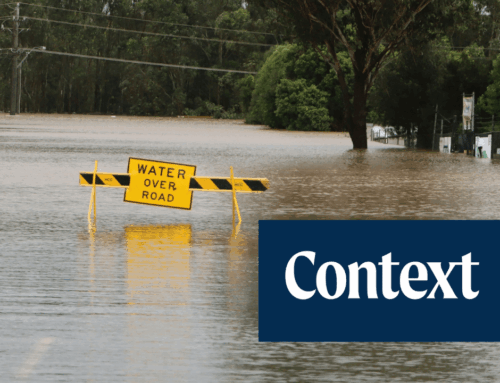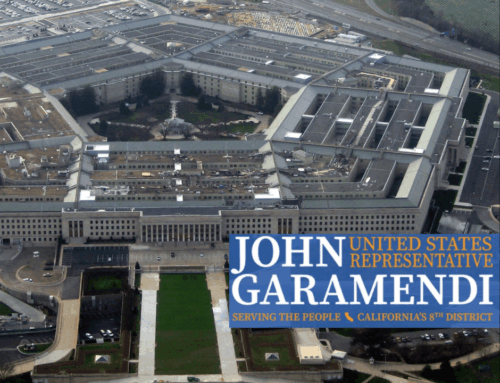As Congress prepares to take its first tentative steps toward evaluating the government response to Hurricane Katrina, Democrats and others are pressing for an independent inquiry, saying lawmakers cannot be trusted to assess their own complicity in the failures.
“I don’t think the Congress can investigate ourselves,” Senator Hillary Rodham Clinton, Democrat of New York, said Monday.
Mrs. Clinton, a chief proponent of forming an outside commission similar to the one that investigated the Sept. 11 attacks, is seeking a vote Wednesday on creating such a panel.
Members of the Sept. 11 commission will echo that call on Wednesday when they release a new privately financed study that will cite failures in the federal response to the storm to argue that the government remains unprepared to deal with a catastrophic terrorist strike on American soil.
Commission members said in recent interviews that the report would criticize the Bush administration and Congress as not following up on many of the commission’s recommendations for improving federal disaster-response programs. That lack of action, commissioners said, cost lives in areas of the Gulf Coast struck by the hurricane.
“In Congress, this issue has already become a political football,” Slade Gorton, a Republican member of the Sept. 11 commission and a former United States senator from Washington, said this week. “If we’re really going to learn anything from this new catastrophe, that’s much more likely to happen through an objective look. An independent commission is something that ought to be seriously considered.”
The Congressional actions that are coming under new scrutiny include the decision to place the Federal Emergency Management Agency under the larger umbrella of the Department of Homeland Security and the use of flood-control programs as a reliable source of home-state spending projects.
“The Corps of Engineers and Congress are partners in crime,” said Steve Ellis, vice president for programs at the group Taxpayers for Common Sense. “We have this process where the pork barrel dictates that we spread the money over the 535 mouths to feed that are Congress rather than putting our resources where it makes the most sense.”
Several members of the Sept. 11 commission said they had been startled by what they described as the federal government’s inept performance after the hurricane, suggesting that little had changed in federal disaster-relief planning since the terrorist attacks on New York and the Pentagon four years ago this week.
“It’s really the same confusion that you had on 9/11 — worse, really, because at least in New York City you had Rudy Giuliani,” Thomas H. Kean, the chairman of the commission and a former Republican governor of New Jersey, said Monday.
After the hurricane, Mr. Kean said, “you had no command and control. Who was in charge? Really, nobody was in charge.”
Mr. Kean said the shortcomings in the response to the hurricane suggested that the government’s response to a large-scale terrorist attack would be no better. “Whether it’s a chemical attack or a nuclear attack or an earthquake in San Francisco, it’s largely the same response,” he said. “And this is proof that we still haven’t got it right.”
Republican leaders who are resisting an independent inquiry into the response to the hurricane say a joint House-Senate panel proposed by Republicans can conduct an objective investigation. They say that creating a separate group would amount to an abdication of Congress’s proper role.
“People are too quick to give up their responsibility and duty as congressmen to other people,” said Representative Tom DeLay, Republican of Texas and the House majority leader. “We are more than capable of looking at it.”
Senate Republican leaders moved Tuesday to resolve the dispute over the joint panel, preparing a proposal that would delegate members of the Senate Homeland Security and Governmental Affairs Committee to represent the Senate in the investigation, with the possibility of other panel members.
Lawmakers would be empowered to examine the “development, coordination and execution by local, state and federal authorities of emergency response plans and other activities in preparation for Hurricane Katrina; and the local, state and federal government response to Hurricane Katrina.” House Republicans were preparing their own plan for consideration later this week.
Republicans said the joint panel was based on 11 special Congressional investigations since 1973 and would allow issuance of subpoenas either by agreement of the two committee leaders or by a panel vote.
Senator Harry Reid of Nevada, the Democratic leader, said Tuesday that he would consider the offer but was interested in equal representation and subpoena power and was also worried about Congress investigating itself.
“Congress is not blameless,” Mr. Reid said.
While the wrangling continued over the independent panel, the Senate Homeland Security and Governmental Affairs Committee was scheduled to meet Wednesday to hear disaster-response experts.
Senator Susan Collins, Republican of Maine and chairman of the security committee, said the first hearing would focus on how response to hurricanes could be improved, to be followed by “an in-depth, extensive review” of the government performance surrounding the hurricane.
“We would be remiss if we did not have an aggressive, vigorous Congressional review,” Ms. Collins said, saying she expected that Democrats and Republicans would resolve their differences over the investigation.










